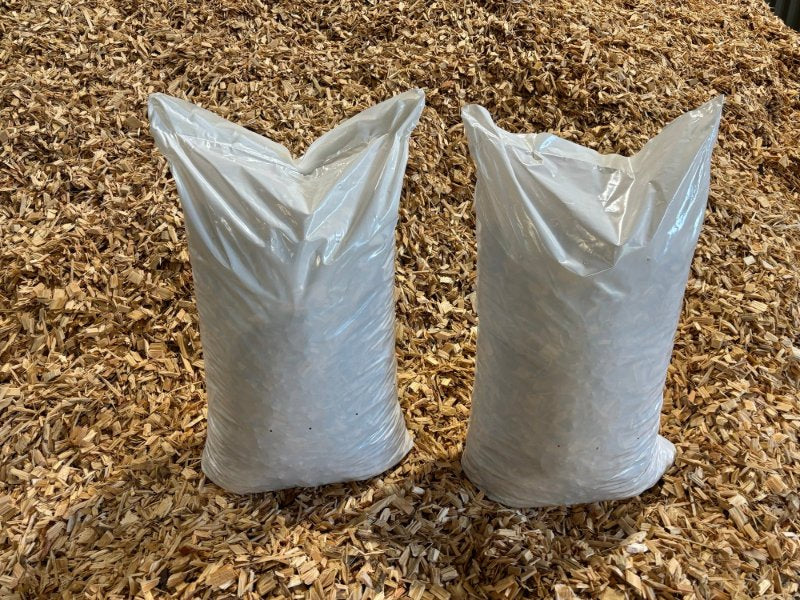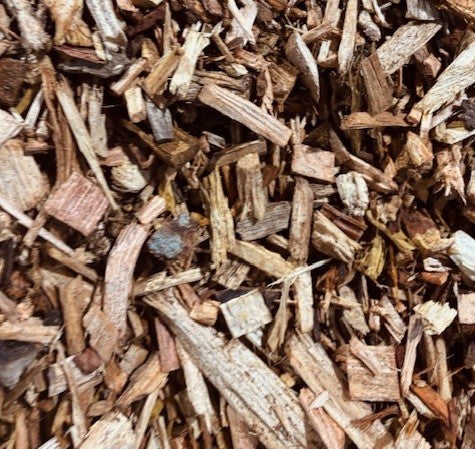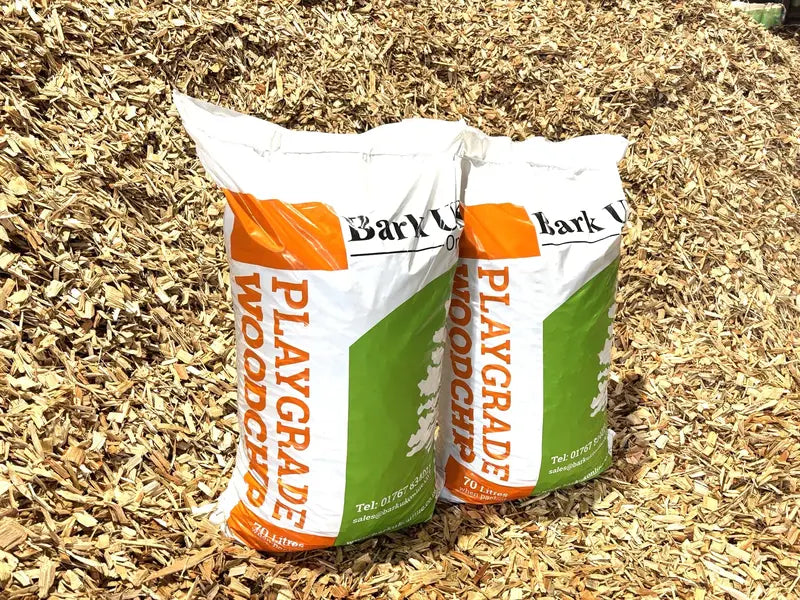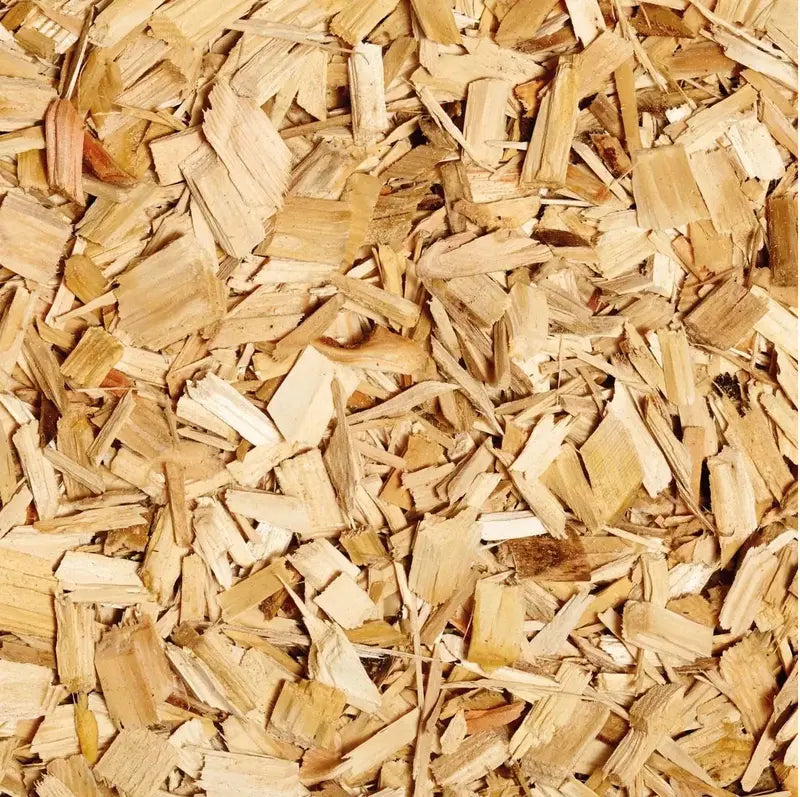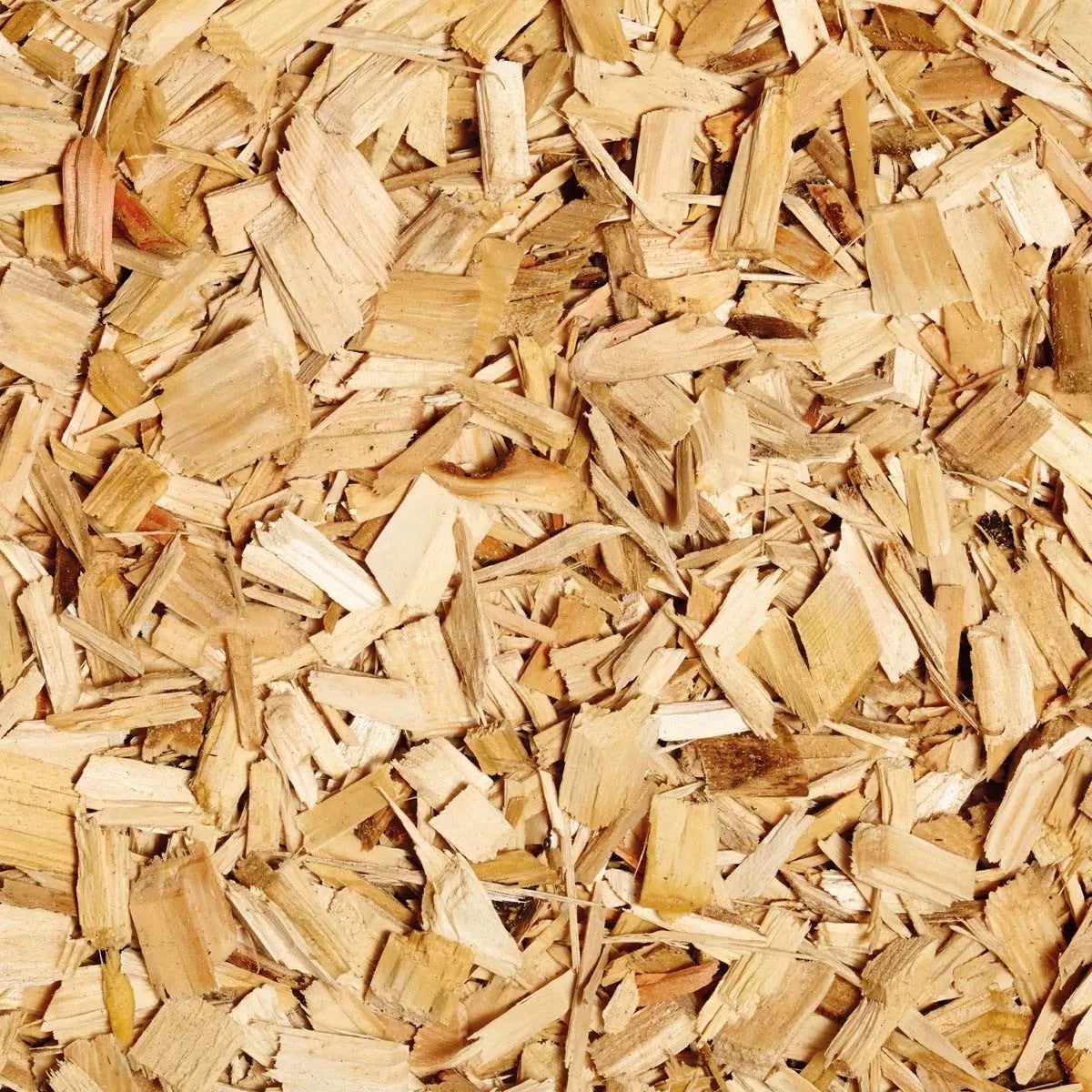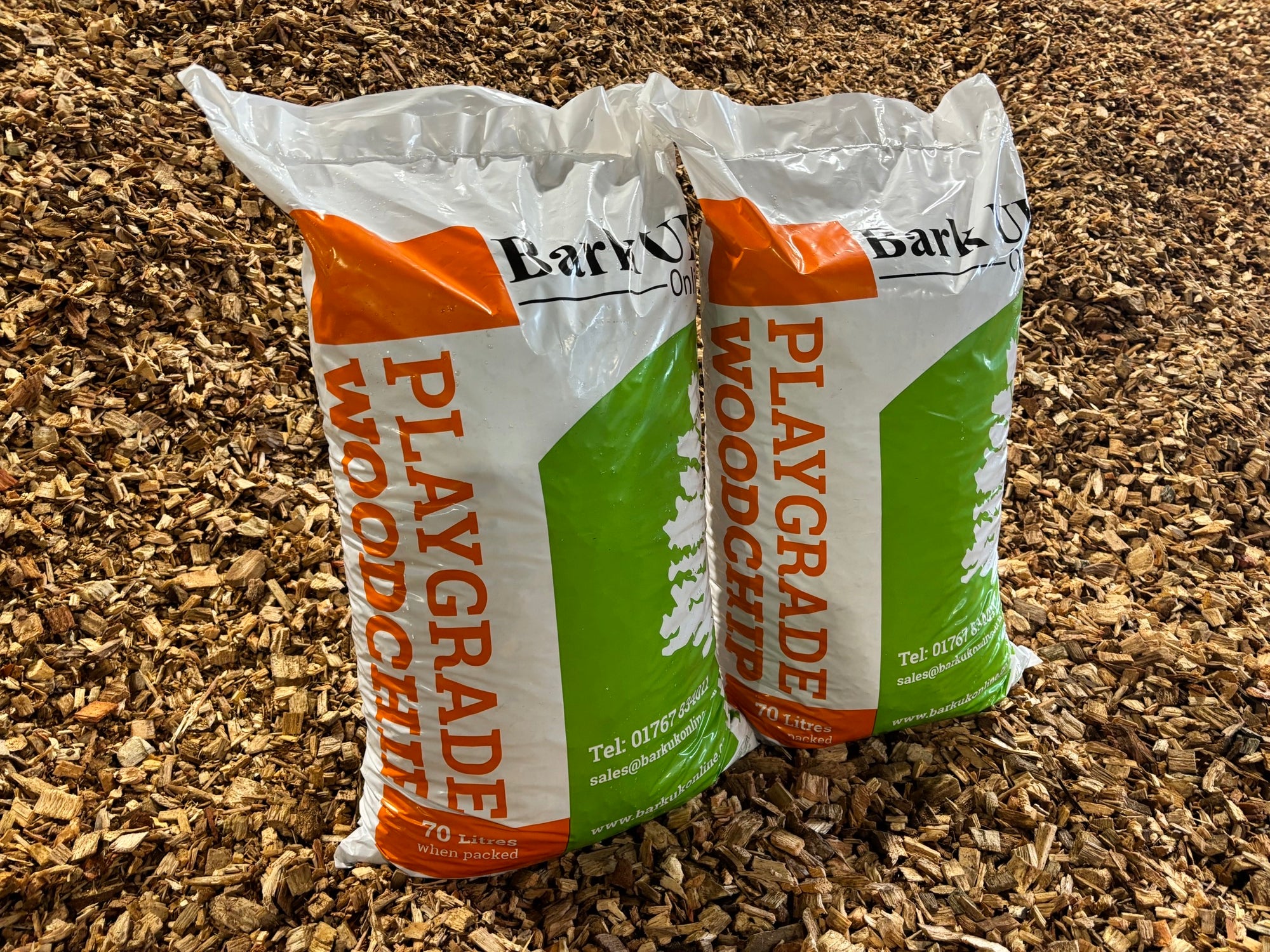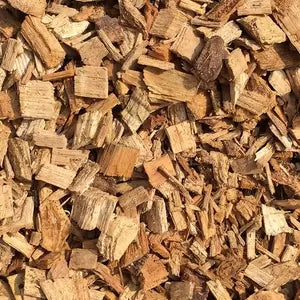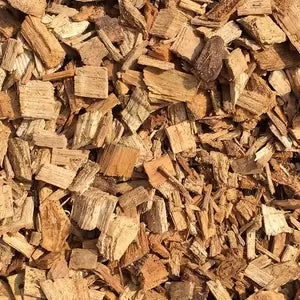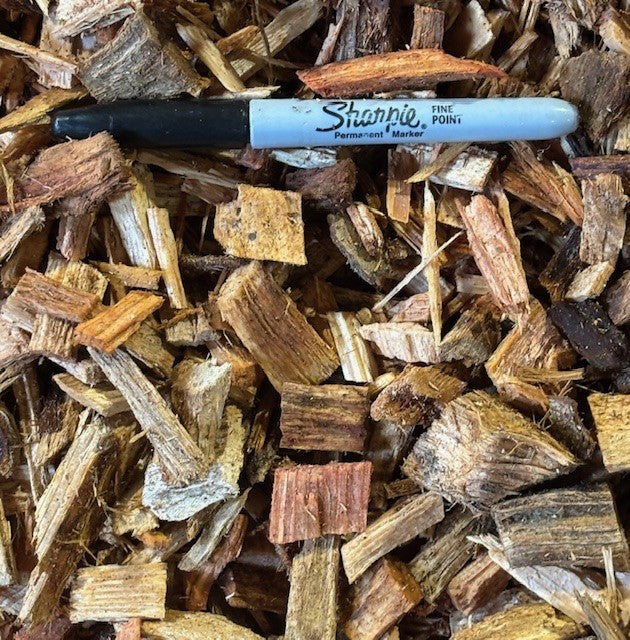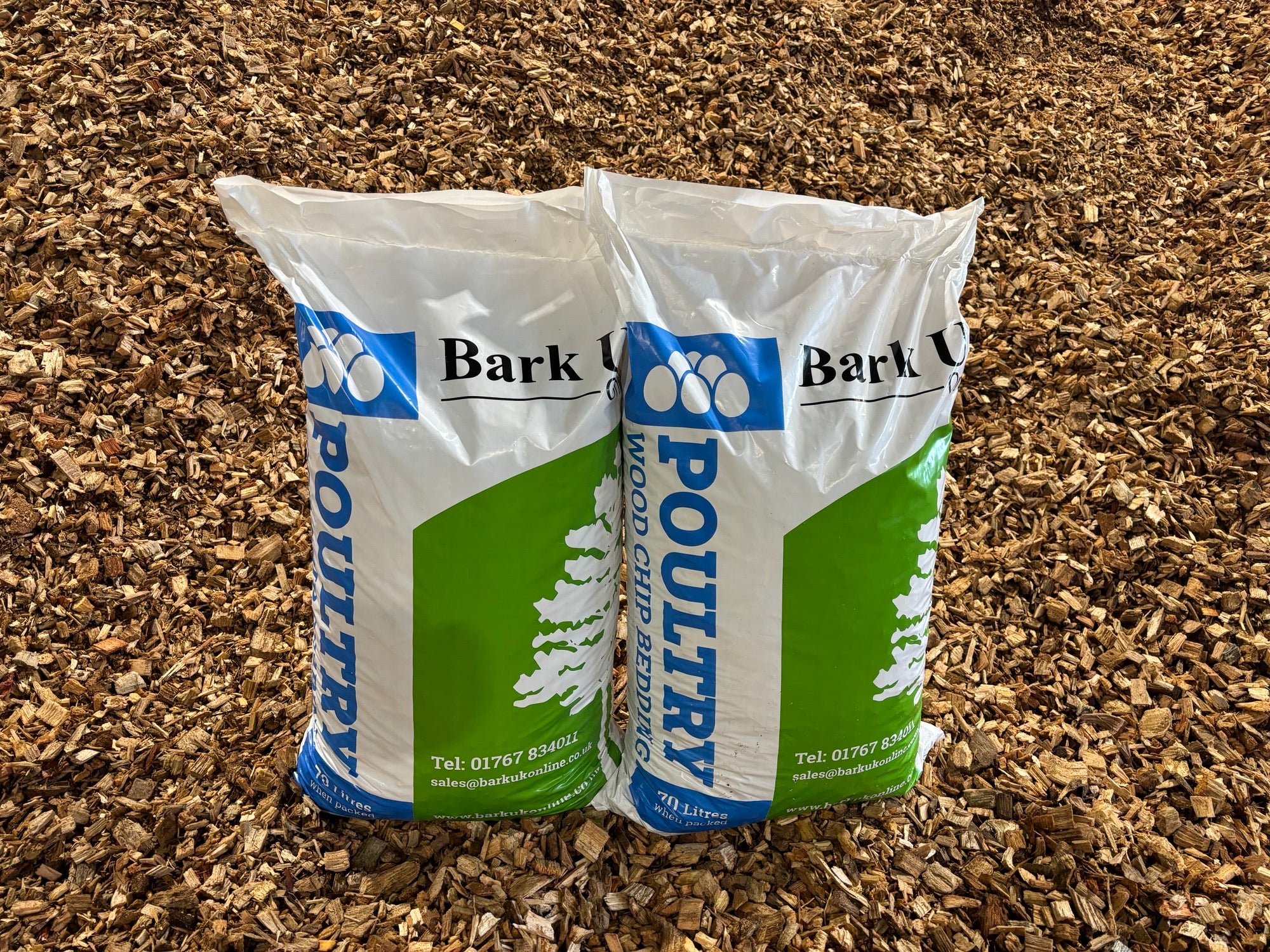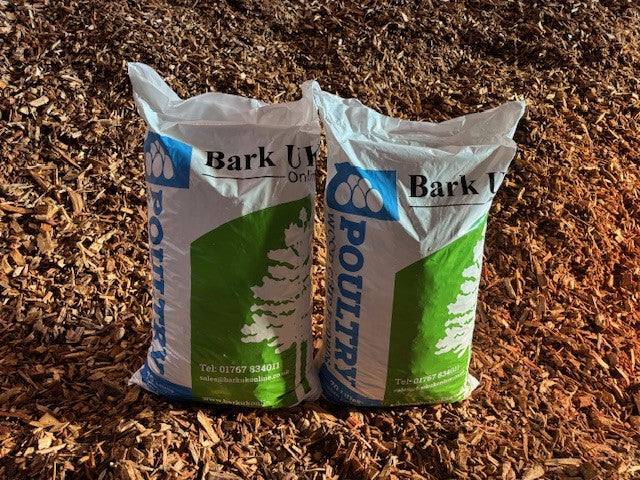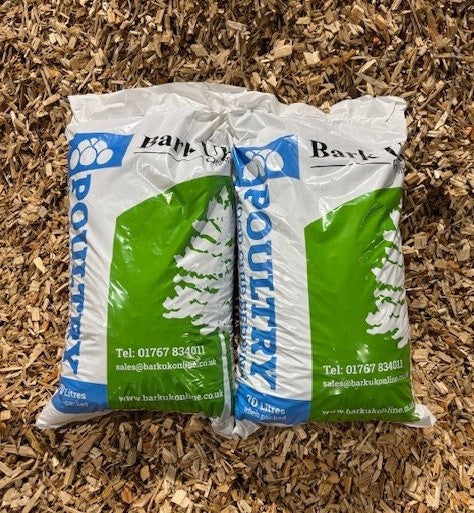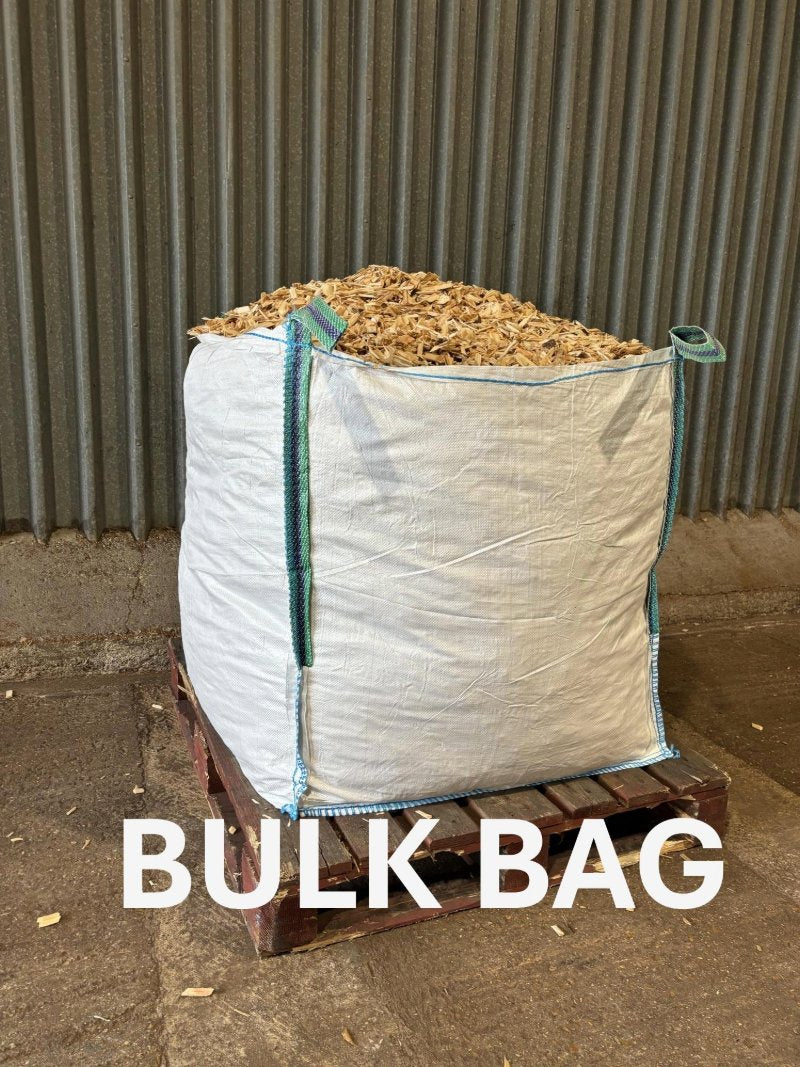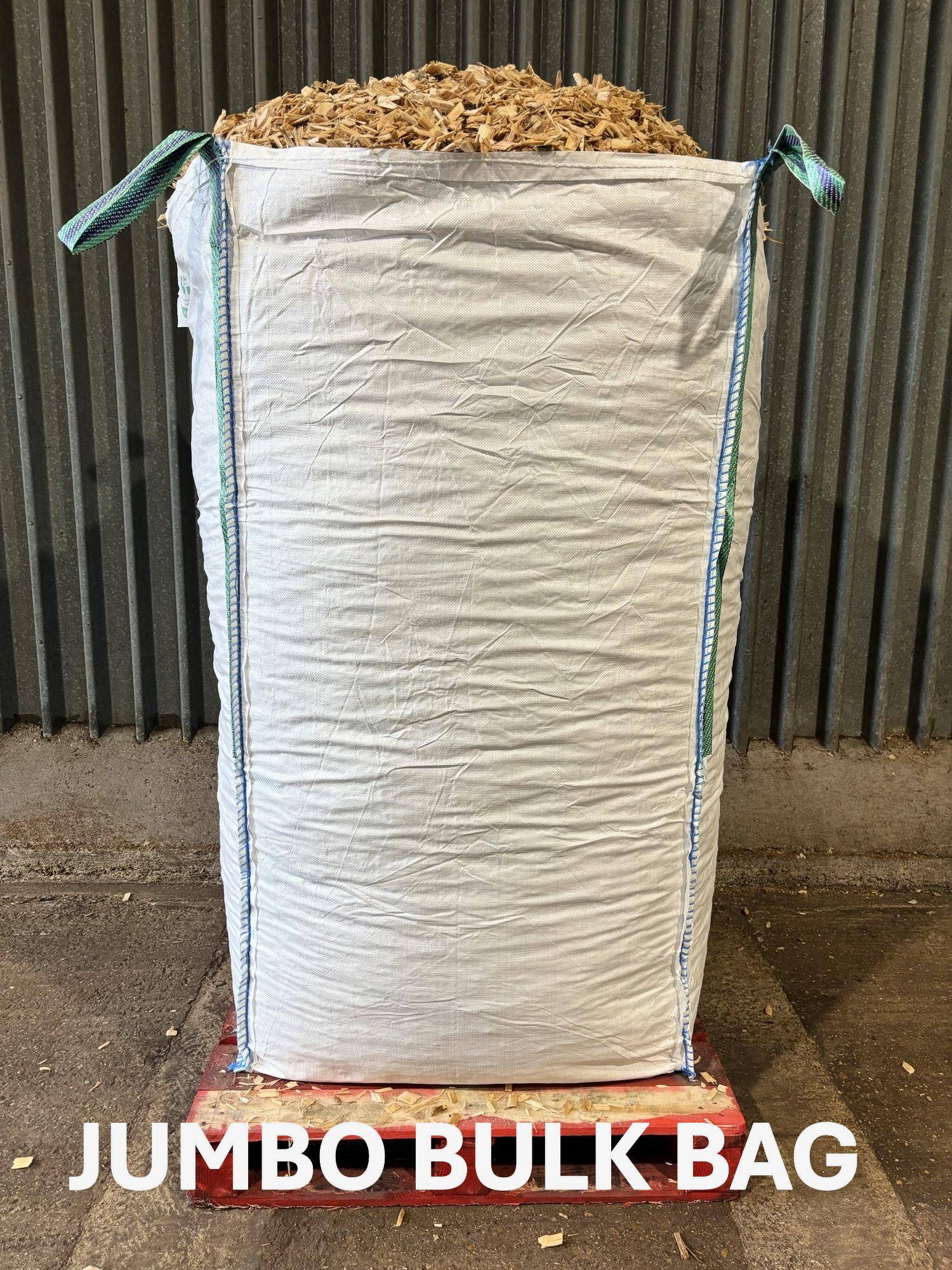How to use compost
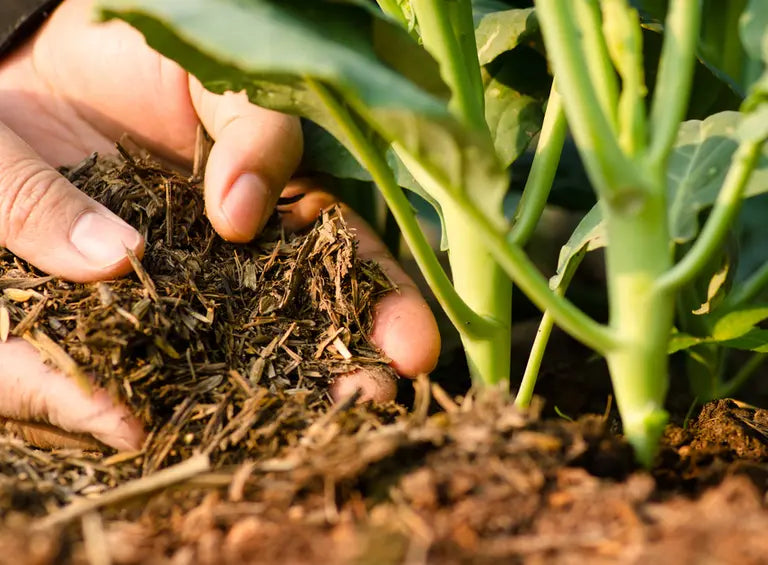
Compost is beneficial to the garden's soil in several ways. By adding compost to the soil, its structure improves and its fertility increases. Nutrients are more accessible for plants. It's the most environmentally friendly fertilizer since compost is created by the digestion of plant material. Compost is actually nothing more than the remains of plants that have been made into mulch by the organisms in the soil. We supply 4 types of compost:
- Humax profession grade multi-purpose compost
- Peat free multi-purpose compost
- Organic peat free compost
- Peat free coco products
Why use compost?
Due to extensive exhaustion of your garden soil, at a certain point, it will lack many important nutrients. This as a result disrupts the natural process. To prevent the soil from becoming exhausted and the soil structure from deteriorating, it is advisable to add compost. Good compost contains organic nutrients. These are natural nutrients that are released into the soil very slowly. Plants can then absorb them and grow strong. Compost ensures that soil can retain moisture better and it promotes healthy and strong root growth. It's most beneficial to put a thick layer of organic materials around your plants once a year. This also has the advantage that plants can withstand the cold better. For flowerbeds, it is best to use compost only during spring.
How to use compost?
With compost, you mix organic matter into your soil which in result nourishes it. Apply a layer of 2 centimetres of compost to your border or lawn and mix well into the top layer (the first 20 centimetres) of the soil. For the ornamental garden, spread a layer of 2 to 5 millimetres of compost around your plants and lightly turn the soil with a rake. Compost can be applied year-round, but during spring and autumn is most common. You cannot use unmixed compost as potting soil.
Make your own compost
Reduce waste and improve the soil in your garden by making your own compost. Composting not only recycles waste, it provides an important habitat for wildlife too. Composting uses the goodness from decaying plants and turns it into rich soil for new plants to grow in. Compost can be made all year round. You will need the following:
- A compost bin
- Gloves
- A shovel and fork
With these easy steps you can reduce waste and make your own compost:
- Position your compost bin in a sunny spot, on soil for good drainage;
- Top up your compost bin with a mixture of ingredients such as old plants and leaves, lawn clippings, fruit and vegetable peels, egg shells;
- Cover the bin and mix the top few layers every month;
- The heap will rot down and you can use the rich compost from the bottom of the bin after 5-6 months!


